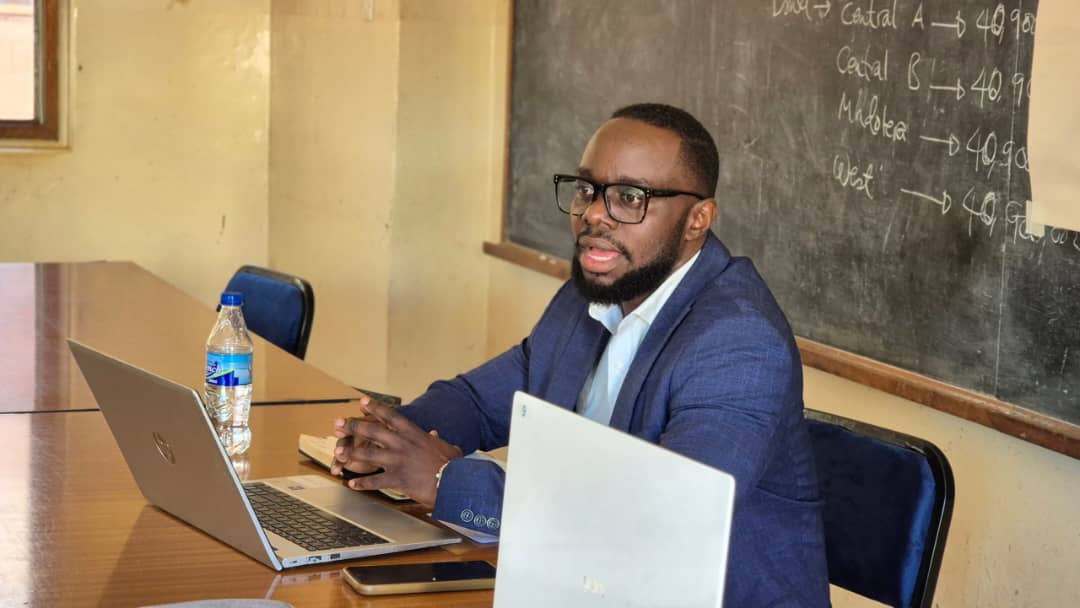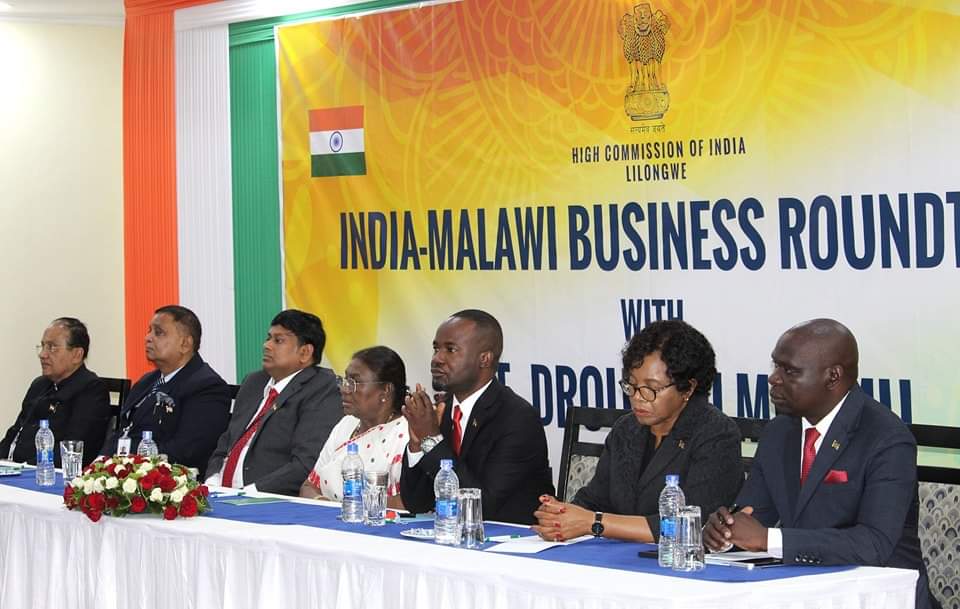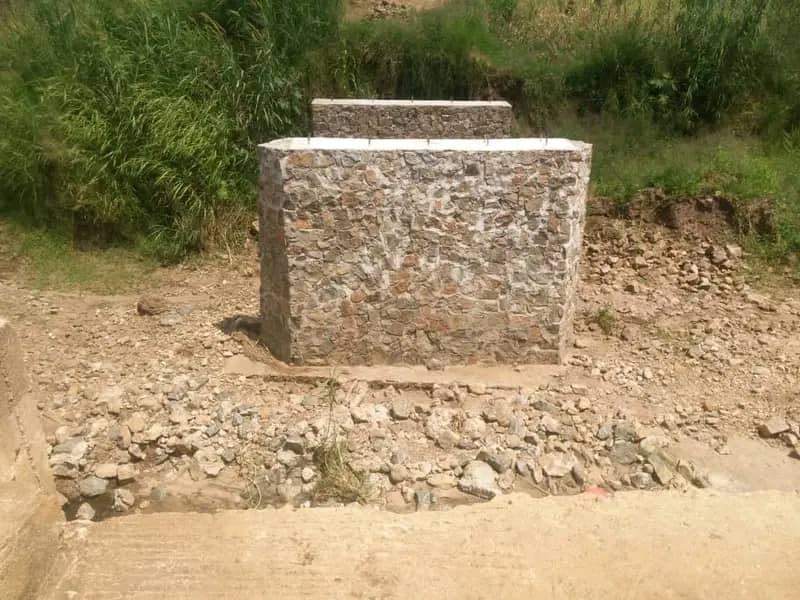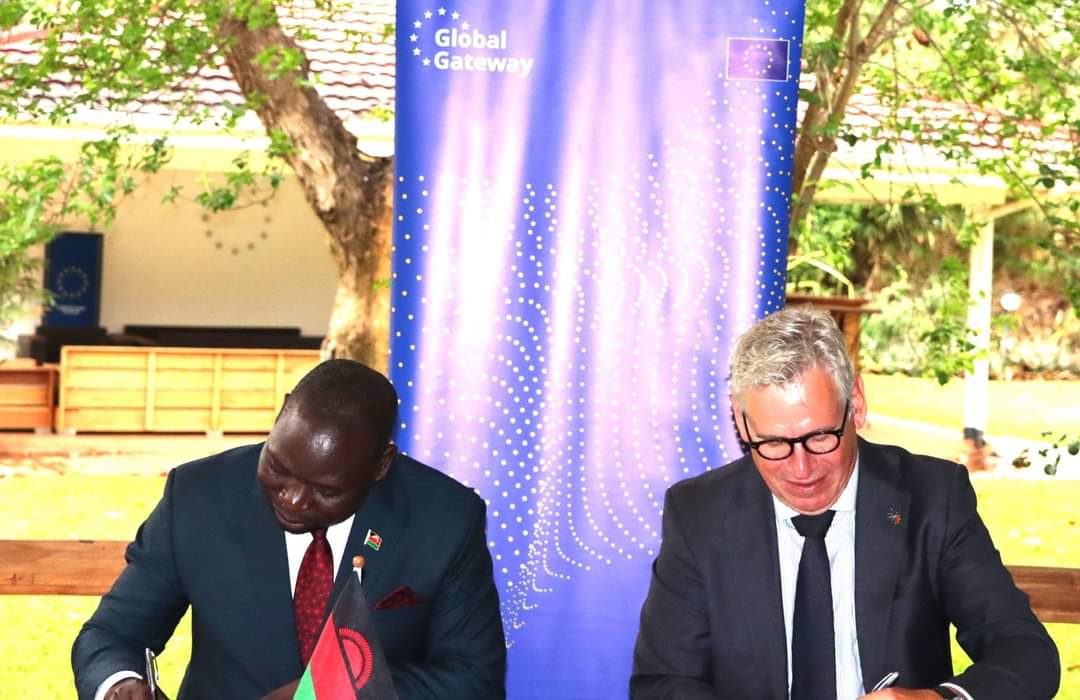By Vincent Gunde
Good Neighbors International, an international humanitarian non-governmental organization (NGO), says it exists to create a world free of hunger-a world where people live together in harmony, uphold human rights, and support neighbors suffering from poverty, disasters, and oppression in achieving self-reliance.
The organization envisions a world where everyone’s human rights are protected, individuals and communities are given opportunities for development, and societies become self-sustaining and resilient to external shocks.
Founded in 1991 and granted consultative status with the United Nations Economic and Social Council, Good Neighbors International is headquartered in Seoul, Republic of Korea. It operates in over 40 countries, implementing a wide range of community development projects in sectors such as education, health, water, sanitation and hygiene (WASH), Livelihoods, advocacy, and emergency relief.
In Malawi, Good Neighbors has been operational since 2008, working effectively with various stakeholders to achieve sustainable community development. The organization is currently active in four districts- Lilongwe, Kasungu, Mchinji, and Mzimba-supporting a cumulative total of 17,000 children. In 2024 alone, over 6,000 children have benefited from its programs.
As part of its continued support to vulnerable communities, Good Neighbors International-Malawi plans to implement a new project titled “Strengthening Food Crisis Response and Community Resilience through Livelihood Support” in Dowa District, specifically targeting Dzaleka Refugee Camp.
While presenting the project to the Dowa District Executive Committee (DEC), Project Manager Aubrey Gunda explained that the three-year initiative, running from May 2025 to 2027, aims to address the ongoing food crisis and improve community resilience by promoting sustainable livelihoods for both refugees and host communities. The project goes beyond immediate food aid, instead focusing on long-term economic self-reliance through market-oriented structural change and fostering social cohesion through inclusive market participation.
Gunda said the project targets 1,710 people-210 as direct beneficiaries and 1,500 as indirect beneficiaries-under its food security, nutrition, and livelihood support components. It seeks to improve refugee well-being by expanding food production, enhancing income sources through revitalized Village Savings and Loan Associations (VSLAs), and promoting mutual understanding between refugees and host community members.
He also outlined the complex humanitarian challenges affecting the initiative, including Malawi’s restrictions on refugee settlements, imbalances in UN funding, limited international support, climate change-induced food insecurity, and fluctuating crop prices in the central and southern regions.
Further challenges include restricted refugee access to local market systems, disconnection from value chains, lack of financial services, and increasing tension between refugees and host communities due to overcrowding and competition for limited resources.
Gunda explained that beneficiaries will be selected based on several criteria: economic vulnerability, willingness to join a VSLA group, commitment to regular participation, and readiness to engage in agricultural training. Gender balance is also emphasized, ensuring 50:50 representation of males and females. Additional criteria include willingness to engage in market-oriented activities and possessing a conflict-sensitive and inclusive attitude.
Good Neighbors International-Malawi’s humanitarian response track record includes interventions during the 2015 food crisis, Cyclone Idai in 2019, Cyclone Ana in 2022, the 2023 cholera outbreak and Cyclone Freddy, as well as the 2024 floods in Nkhotakota and the El Niño effects in Balaka and Chikwawa.
In his remarks, Dowa District Council’s Acting Chief Planning Officer, Yusuf Laki, welcomed the project, noting that it would not only transform the lives of refugees but also benefit the host communities in Dowa District.





